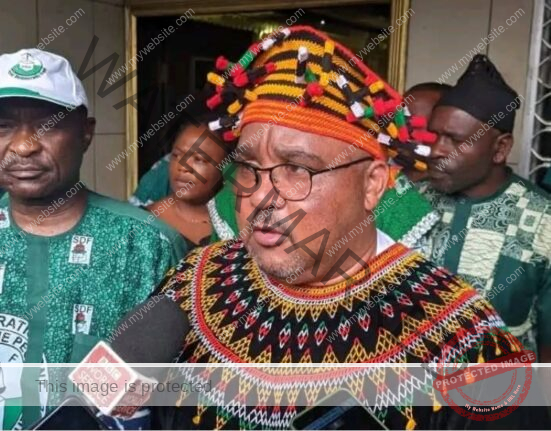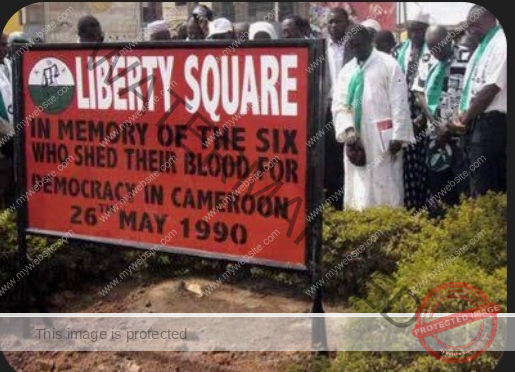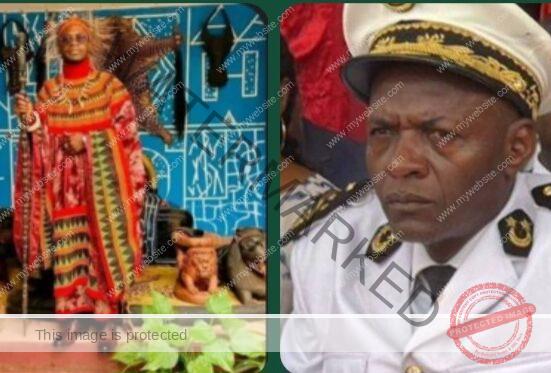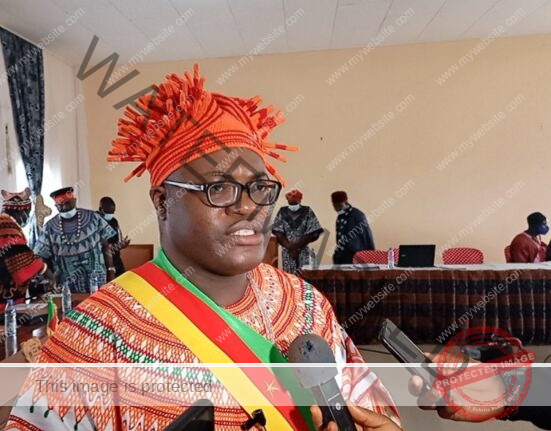Letter to the Editor
Sir,
When La République du Cameroun convened its “Major National Dialogue” in September–October 2019, it claimed to address the nation’s deepest grievances.
Yet the one question at the heart of the crisis—the status of Southern Cameroons—was conspicuously excluded. Instead, the government announced it would grant the Anglophone regions a “special status,” a concession codified in Law No. 2019/024 of December 24, 2019. Article 62 of Cameroon’s 1996 Constitution had already allowed for “special status” for certain regions “on account of their specificities.”
But for more than two decades this provision was ignored. Only in 2019, under international pressure, did Yaoundé suddenly remember it. Law No. 2019/024 inserted Section 3(1) recognizing that the Northwest and Southwest Regions “may enjoy a special status based on their language specificity and historical heritage.” Subsections (3) and (4) promised protection of the common law and Anglophone educational system, but deferred details to later decrees that have never been enacted.
Meanwhile, central control remains untouched: governors are presidential appointees, divisional officers answer only to Yaoundé, and regional councils cannot pass binding laws. What does this reveal?
First, the so-called “special status” is a symbolic gesture, not genuine autonomy. Second, it exposes a profound contradiction: if Cameroon truly believed Southern Cameroons is part of its constitutional order, its legislature and dialogue would not shrink from debating the issue openly.
By relying on a vague constitutional clause while refusing to address the absent treaty of union mandated by UN Resolution 1608 (XV), Yaoundé implicitly concedes that it lacks a lawful foundation for its authority over Southern Cameroons.
A landlord who never acquired a property cannot pacify the rightful owners by offering them a “special room” in a house that does not belong to him. Likewise, without a treaty of union, Cameroon cannot create legitimacy through half-measures.
The 2019 Dialogue and its “special status” law are political cosmetics applied over a deeper wound: the annexation of Southern Cameroons without legal process.
True dialogue must return to the unfinished business of 1961—the absence of a treaty of union and the right of the people of Southern Cameroons to self-determination under international law. Until then, every “special status” remains an admission of illegitimacy, not a solution.
Respectfully,
Johnson Fonwi





















Leave feedback about this